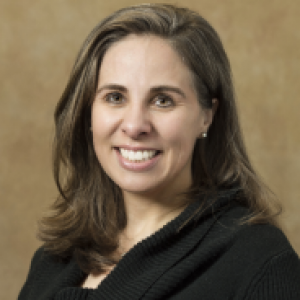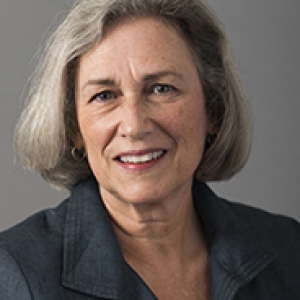aging
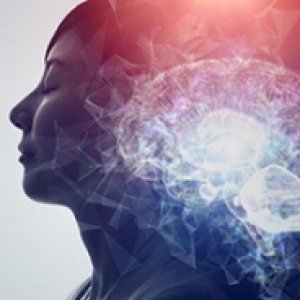
Thursday, April 29, 2021
Pitt neuroscientists found that fruit flies, rodents and humans all have a protein called VGLUT that regulates sex differences in age-related neuron loss. It is not every day that scientists discover a phenomenon so fundamental across species.
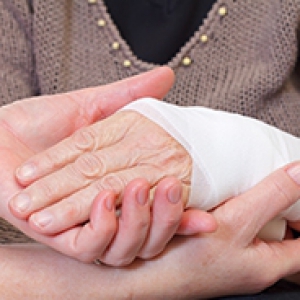
Tuesday, November 24, 2020
The older you get, the more slowly you heal, and there are a number of reasons why. Matthew Steinhauser, associate professor of medicine, explains for The Conversation.
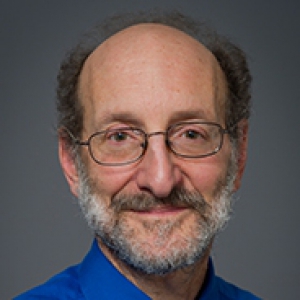
Friday, October 23, 2020
Public Health's Steven Albert is Next Gerontological Society of America's Innovation in Aging Editor
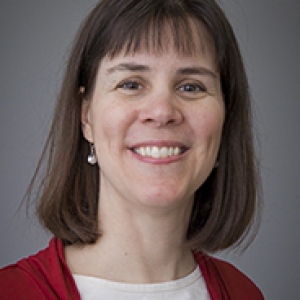
Friday, October 19, 2018
Stiff arteries could lead to “silent” brain damage and therefore dementia risk, a 15-year study led by researchers at Pitt Public Health found. And that risk factor could be preventable.
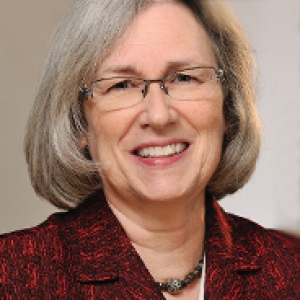
Monday, October 8, 2018
As new clinical director of the Aging Institute of UPMC, Anne Newman hopes to figure out why her fellow baby boomers are staying healthier for longer than past generations.
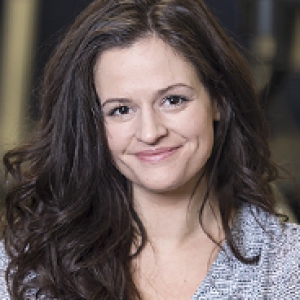
Monday, March 26, 2018
Much of the neural repair occurs during the first three months following a stroke. But, exercise may benefit patients' brains, no matter how much time has passed, Pitt researchers say.
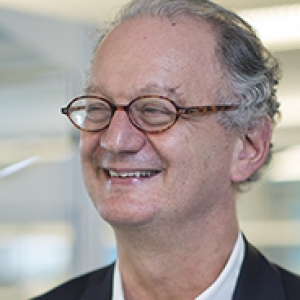
Tuesday, October 10, 2017
With new director Toren Finkel, Pitt's Aging Institute is expanding its approach to improving people's "health span" — the period of life during which a person remains free from serious illness.


